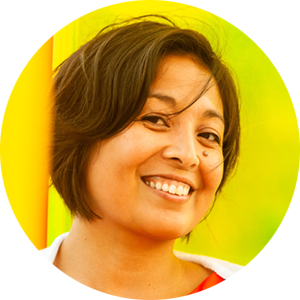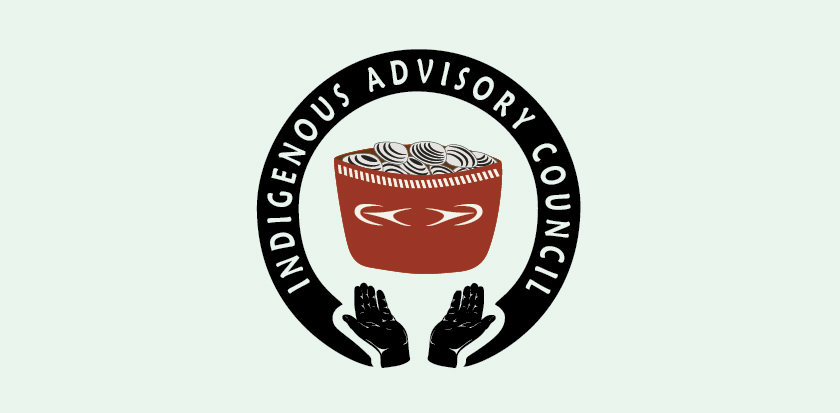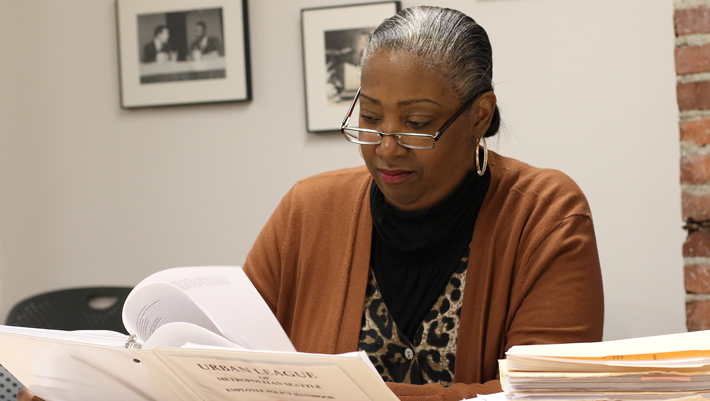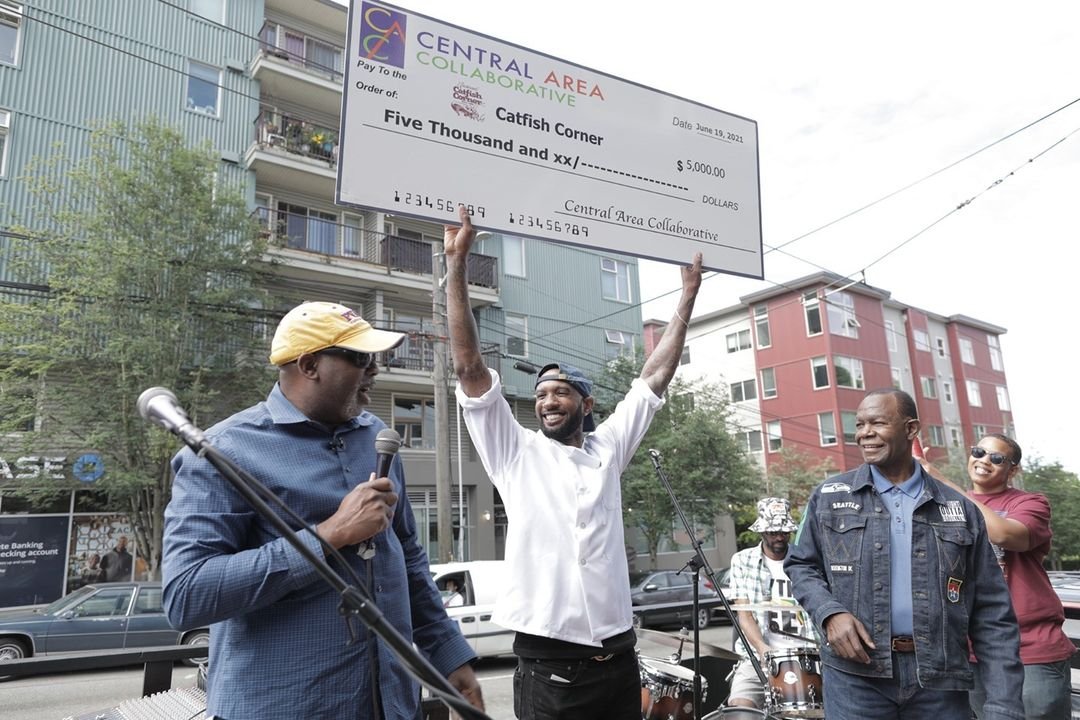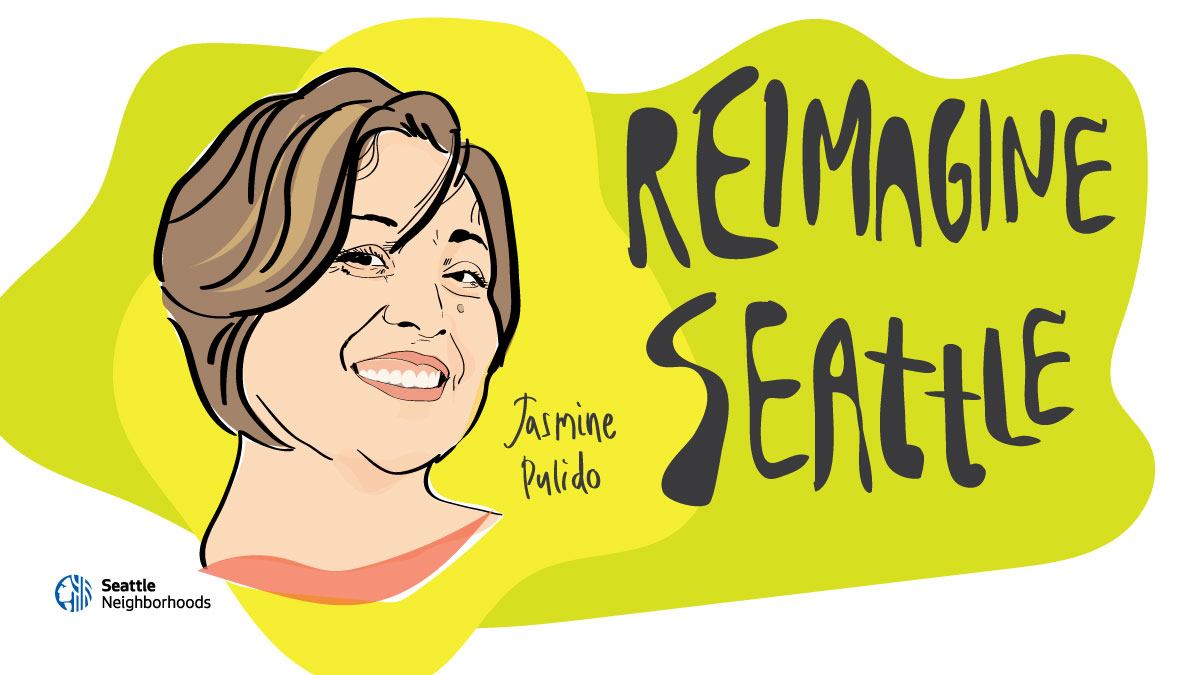
The challenges of the past two years have changed the way we live, the way we work, and the way we show up for each other. They have also given us a rare chance to collectively reimagine our future. Through the Reimagine Seattle Storytelling Project we invite community members to reflect on their current experiences in Seattle, how they have been impacted by recent events, and their hopes for the future of our city.
CHAZ/CHOP: A Potential Glimpse into the Future of Seattle
By Jasmine M. Pulido
2020: This singular year has felt equivalent to 10 mental-health years. Maybe even 25.
We have gone through so much on both a personal and societal level. Out of all these events, I take particular interest in the rise and fall of CHAZ/CHOP in my city, Seattle. Its birth reflects my own complicated inner transformations. Its existence holds authentic glimpses of our possible futures.
In some ways, it followed the same trajectory I experienced this year, albeit in a much shorter time frame. It started with protests filled with the same justifiable fear, anger, sadness, and resistance I housed within myself. But then it grew past that into something else. There were people sitting down at “Decolonization Conversation Cafe” listening humbly to one another, not yelling at each other behind screens on the Internet. There were multiple community artists painting, including the creation of a large “Black Lives Matter” mural across the streets amid projected movies and music. There were offers of free food and drinks by community members wanting to take care of their fellow neighbor. There were Non-Black allies forming rings around Black folks, protecting their space so they could work on their own healing. Protestors sat and listened to speeches from Black activists and community organizers. It became a place nurtured by collective discourse, inspired creativity, and cherished community. There was care here. Communion.
Interestingly enough, I noticed that I responded similarly in relationship to myself. After dealing with my own pain and heartache, I settled down taking writing classes online, participating in regular dialogue with my therapist to thoughtfully reflect on my emotional well-being, and engaging with a vast network of friends-old and new-in an ongoing effort to support each other. It was creativity, community, and discourse. Is this the transformation we are all being put through? On both a larger cultural level and on a more granular, individual level?
There is no other city that responded to 2020 in this way. CHAZ/CHOP only lasted a few weeks before violence and political bureaucracy forced its demise. But I believe this came out of Seattle because it was an organic expression of what this city desires for its future self. These few blocks allowed us a glimpse into what Seattle feels would heal itself amid the large scale social, political, and economic crises at hand. This has happened before. Consider the Harlem Renaissance— blossomed from a generation of African-Americans who were reckoning with the aftermath of Reconstruction and the Civil War. The Harlem Renaissance was a localized artistic, intellectual, and social movement grounded in novel vision and innovation, not unlike what CHAZ/CHOP had the potential to be. Maybe CHAZ/CHOP was the first seed planted, the first stages of a microcosmic cultural shift, barely exposed in the fertile volcanic soil of our old selves melted down. Maybe CHAZ/CHOP is a blinking moment for us to gaze at our own oncoming Renaissance in the days ahead.
Yes, there were certainly elements of CHAZ/CHOP that were problematic like its potential tangential movement into a police-free utopia entirely removed from its original protest. But what if these twin sentiments represented both our demand for justice (protest and dialogue) and our need for healing (art and community)? These clashes in ideals are to be expected in the formation of any new social experiment that involves diverse voices and multiple, intersecting needs. The problems it encountered are part and parcel to the growth and evolution of our local culture as a whole, as messy as it was and will continue to be.
There was also, of course, the boiling undercurrent beneath it all — a months-long pandemic exacerbating at every turn the long-held suffering of marginalized communities. Though, with a crowd of creatives, activists, leaders, and activated community members, these problems could be hashed out in regular discourse and community accountability, if allowed to continue on long-term from a foundation of trust built and controlled by its community.
I could tell you I want a future with rainbows, unicorns, and world peace. Don’t we all? But when I think of the future of Seattle specifically, I want it to be rooted in truth. I want to offer a real and attainable path based on the here and now. I think that CHAZ/CHOP gives us the door to get there. All we need to do is open it.
